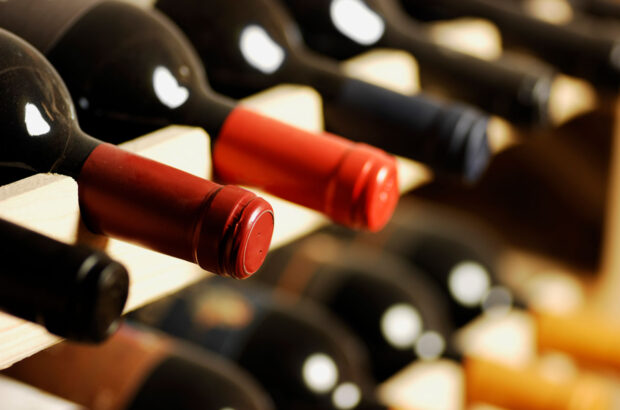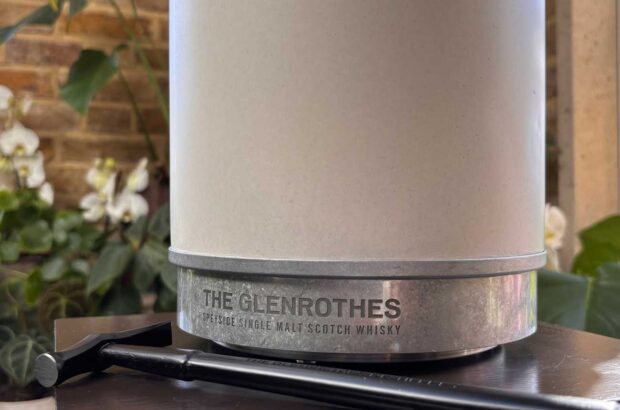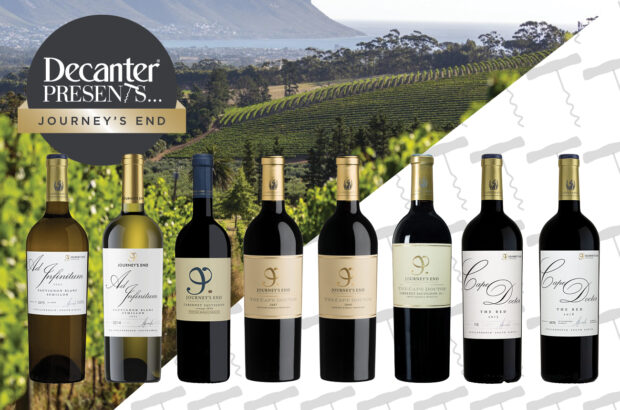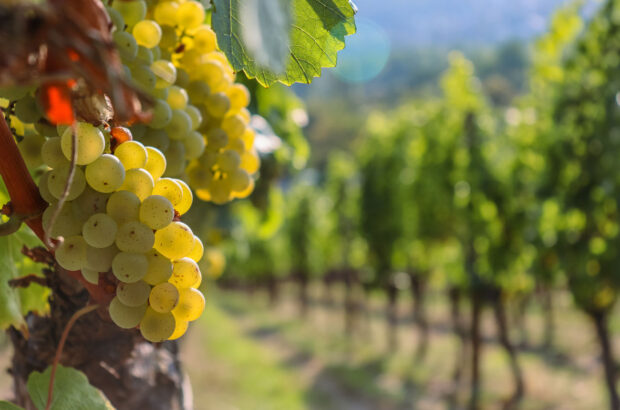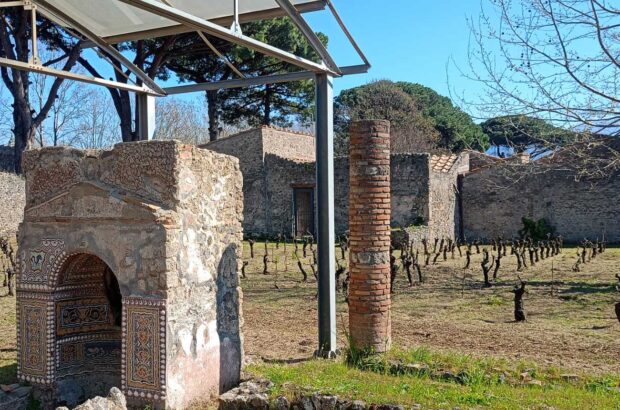A sommelier might sometimes be called a ‘wine waiter’ or also ‘wine steward’.
These are slightly clunky terms that attempt to convey the sommelier’s pivotal role in helping you to decipher a wine list, predominantly in restaurants, and subsequently enjoy the contents of your chosen bottle in the best condition.
They can also help to advise on which wines may work well with particular dishes on the menu, from classic pairing advice to helping you find a red wine that matches with fish.
Behind the scenes, a sommelier may work closely with the kitchen team or chef in order to curate exciting food and wine pairings, particularly on tasting menus.
Other roles and responsibilities might include devising and pricing-up a wine list from scratch, as well as sourcing the wine and ensuring it is stored properly. This could be part of a ‘wine director’ role for a restaurant or hotel group, which might also include managing a team of sommeliers and other professionals across the business.
Other sommeliers have gone on to start their own restaurants and bars.
Given the sheer number of great wines being produced all around the world these days, the breadth of knowledge required by sommeliers is significant.
It’s little wonder that a scientific study found in 2016 that the part of the brain believed to control sensory perception was physically thicker among Master Sommeliers.
Alongside impressive wine skills, sommeliers working front-of-house must also be able to quickly relate to a wide range of customers walking through the restaurant door.
As Andrew Jefford, now co-chair of the Decanter World Wine Awards (DWWA), once noted, ‘A really good sommelier is a kind of speed-dating psychologist. He or she can work out what sort of person you are, how well off you are and what you really fancy most with a few sentences of chat — and then take you there quickly, picking up on any hints you drop along the way.’
In an article for Decanter earlier this year, Los Angeles-based sommelier and wine writer Matthew Luczy suggested that traditional restaurant roles and structures could change following the impact of Covid-19.
Many sommeliers have faced a particularly difficult time alongside the wider hospitality industry in 2020, with venues forced to close or limit business in order to comply with government rules designed to subdue the pandemic.
Beyond the restaurant
Many sommeliers have used their extensive training and knowledge to explore different parts of the wine world, from making wine to judging bottles, running their own businesses and consulting, authoring books and articles, as well as setting up wine shops or overseeing education programmes.
Decanter contributor Elin McCoy wrote in 2017 of the rise of the ‘super somms’, particularly in the US and UK. ‘Sommeliers have become the wine counterpart to celebrity chefs,’ she wrote.
One high-profile example of a sommelier-turned-winemaker highlighted by McCoy is Rajat Parr, co-owner at Sandhi Wines and Domaine de la Côte, which have done much to focus attention on the quality of Chardonnay and Pinot Noir from the Sta. Rita Hills in Santa Barbara County, California.
MS vs MW: What’s the difference? Ask Decanter
Becoming a sommelier
There is no fixed route to becoming a sommelier, but several organisations offer courses and qualifications that can help to develop practical knowledge either in preparation for, or alongside, getting experience in a restaurant or bar.
Examples include the Wine & Spirit Education Trust (WSET) exams, which are recognised across the industry and focus on wine knowledge and tasting skills.
As its name suggests, the Court of Master Sommeliers oversees the notoriously difficult Master Sommelier diploma programme.
That is the pinnacle of its four-stage qualification system. The other three stages, in order, are:
- Introductory Sommelier Certificate
- Certified Sommelier Examination
- Advanced Sommelier Certificate
Le Cordon Bleu London also has a range of wine and gastronomy courses, including an ‘internship pathway’ that allows students to gain experience in top restaurants.
The International Sommelier Guild, based in US and Canada, also runs several courses.



